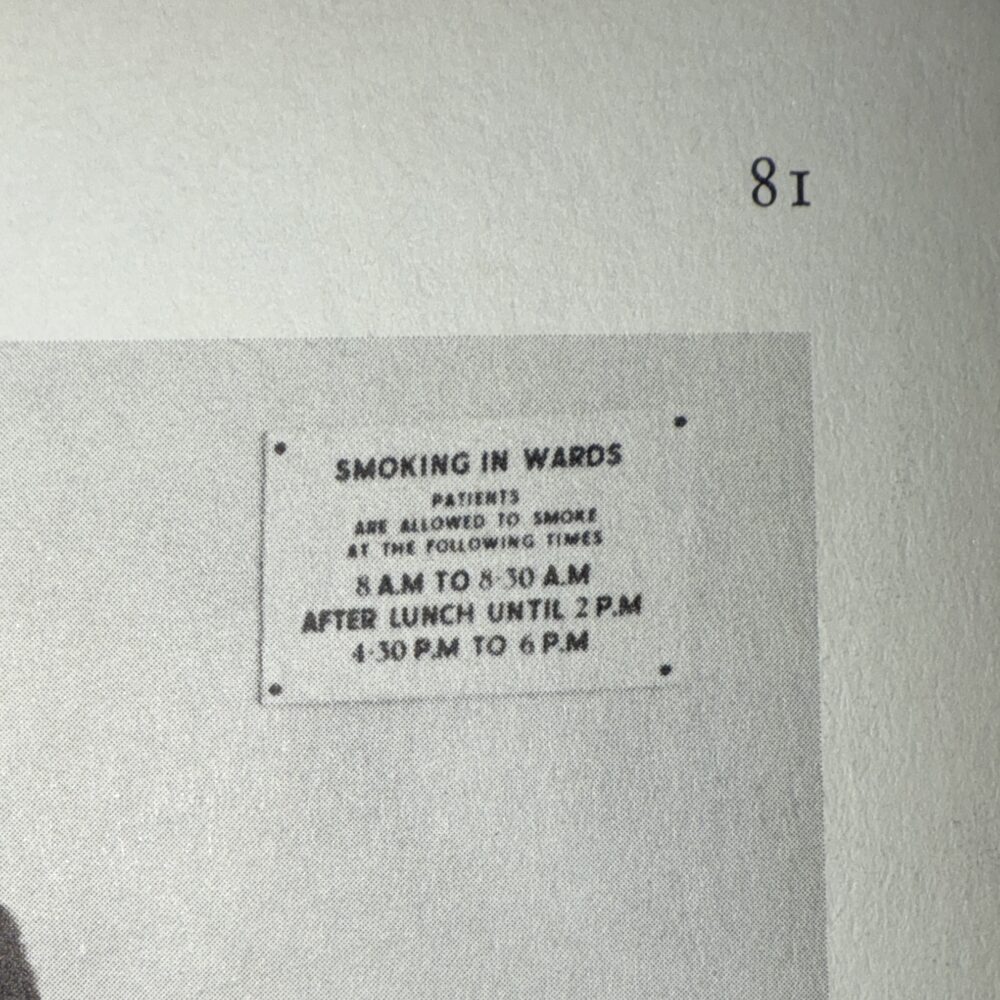‘A Fortunate Man’ by John Berger and Jean Mohr

This book had frequently been recommended to me over the years, particularly in medical circles, but somehow I’d never got around to reading it until now. John Berger’s text, accompanied by evocative photographs by Jean Mohr, paints a literary portrait of a rural doctor practising in England in the 1960s.
The book offers a fascinating, often moving insight into the life and work of Dr John Sassall, the independent-minded physician who serves his community through both home visits and work at the local hospital. Sassall emerges as a charismatic, somewhat idiosyncratic figure who embodies the traditional paternalistic notion of a doctor as a pillar of the community, deeply embedded within the social fabric of his village.
Reading an original 1960s library edition added an extra layer of reflection for me, prompting consideration of how dramatically medicine has evolved over the intervening decades, even while the central aim and values of the profession have stayed the same. The absence of today’s omnipresent healthcare bureaucracy—management structures, commissioning—is striking. Sassall operates with remarkable independence, personally determining what’s best for his patients without the layers of accountability and oversight common today. On the one hand, this autonomy clearly benefits the community when a practitioner is dedicated and insightful, as Sassall appears to be. Yet, viewed through a contemporary lens, the lack of checks and balances feels risky, particularly given Sassall’s single-handed practice. Nobody can know everything, and it’s a worry to wonder how Sassall managed patients with conditions he knew less about without evidence-based guidelines to draw upon.
Equally thought-provoking is the book’s portrayal of the doctor’s role as a confidant and central social figure. While it was common during my medical training to hear that doctors had replaced priests as the recipients of people’s innermost worries, I wonder whether that’s still true today. It seems medicine, and perhaps society itself, has moved on. Healthcare feels more transactional and commodified, further from the deeply personal, community-rooted interactions described by Berger.
A Fortunate Man provided me with much food for thought, exploring both the continuity and considerable change in the medical profession. It’s a reflective and engaging work that I’d recommend highly—not just to medical colleagues, but to anyone interested in the shifting relationships between doctors, patients, and the communities they serve.
The photo is a background detail of a photo from the book, noting the times at which smoking is permitted on the ward. It seems strikingly old-fashioned, until I remember that smoking rooms were still common is hospitals when I started my training. It’s amazing how quickly society—and our perceptions of it—can change.
This post was filed under: What I've Been Reading, Jean Mohr, John Berger, John Sassall.